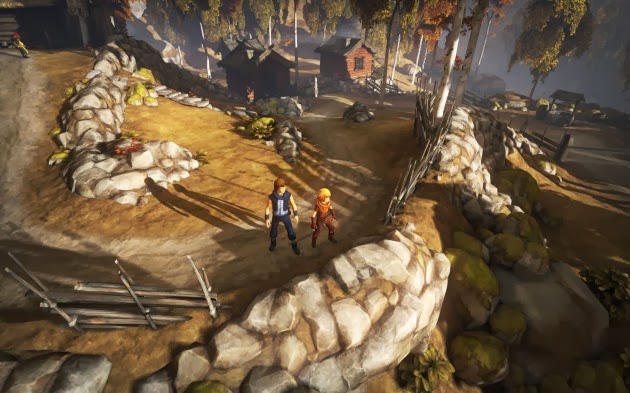“All work without play” they said, “makes Jack a dull boy”. 2013 would have been incomplete without all the fun in it. Today, EWT is bringing your attention to the top 20 PC games that branded our 2013.
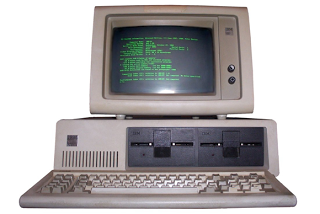
The games shortlisted here can easily contend for the ‘best game of the year’ award. If your most preferred game is not listed here, you are free to include it on the comment section. The qualifications for contention: The game must be a stand-alone product that you can buy on its own, and it must run on a PC.
1. Dayz
DayZ is a gritty, authentic, open-world survival horror hybrid-MMO game, in which players follow a single goal: to survive in the harsh post-apocalyptic landscape as long as they can. Players can live through powerful events and emotions arising from the ever-evolving emergent gameplay.

2. Papers, Please
In Papers, Please, you win the lottery. Unfortunately, it’s the labor lottery, and you’re pressed into service as a border-crossing guard for your vaguely Eastern Bloc country Arstotzka. Your job is to examine people’s passports and—as drab days stretch into miserable weeks—make sure no criminal scum is trying to get into the country using falsified documents. Of course, the “criminal scum” is often people just like you—like the man who immigrates with no problem but whose wife has counterfeit papers. Do you let her in anyway? Or do you do your job and reject her? Keep in mind that if you let her in, there’s a good chance your pay will get docked and your family won’t eat tonight. Papers, Please is brutal. Unforgiving. Bleak.
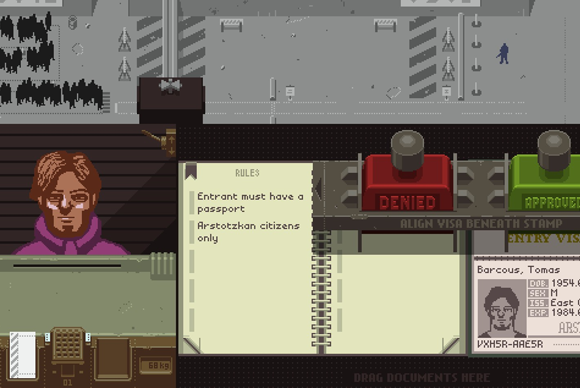
3. Assassin’s Creed IV: Black Flag
After a swift fall from grace with the last two middling chapters of the Assassin’s Creed franchise (Revelations and III), I thought I was done. Burned out. Imagine my surprise when I put 15 hours into Black Flag my first day. Sailing around the Caribbean, sinking boats just to cause chaos, with my crew of pirates belting out sea chanties—I liked being a pirate. Star of the show Edward Kenway is the most affable protagonist the series has ever had. While some lament the lack of plot progression in the overarching series, I’m actually glad proceedings are less self-serious this time around. Assassin’s Creed IV is pure, unadulterated fun. Just make sure to keep a bottle of rum close at hand. Or this weird nonalcoholic rum for all you youngsters.
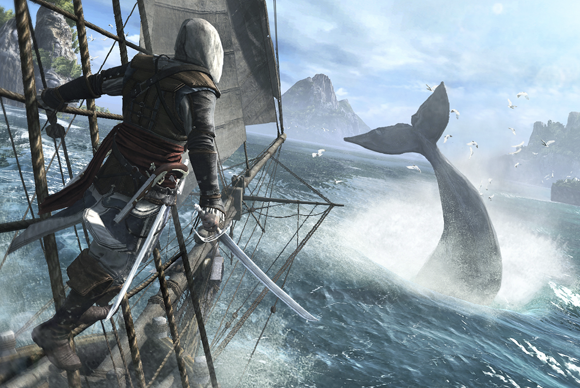
4. The Stanley Parable
The Stanley Parable, once a mod for Half-Life 2, is now a stand-alone game. If you don’t know what The Stanley Parable is about, I highly recommend that you skip the rest of this entry and just go download the demo. Choice is the operative word in The Stanley Parable. You play Stanley, a hapless office worker who suddenly realizes that all his coworkers are missing. Also, a British guy narrates everything. “Stanley came to two doors and walked through the one on the right, towards his boss’s office,” the narrator says cheerfully. Do you listen to him, or do you rebel and walk through the door on the left? Do you stand there, paralyzed by choice, for minutes on end? Or do you contemplate how utterly meaningless life is? Let’s be honest: It’s probably the last one.
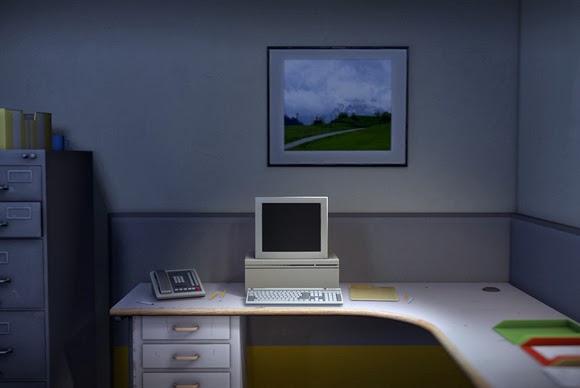
5. Europa Universalis IV
Eu não falo Português. Still, that didn’t stop me from becoming eternal king of the Portuguese Empire, a globe-spanning operation that discovered the Americas before Columbus was even born, and that grew to control the entire New World. In Europa Universalis IV, you take control of a country in the early Renaissance era and guide it toward empire. Or don’t. It’s a giant political sandbox. Want to know what would’ve happened if Ireland had thrown in with the French during the Hundred Years’ War? Or if the Holy Roman Empire had become an exceptional naval power? Go ahead and try it. The complexity of Europa Universalis IV’s grand-strategy approach takes some getting used to, but stick with it and you’ll suddenly find you’re making political decrees at four in the morning, wearing a crown you fashioned from an old pizza box. Perfect.
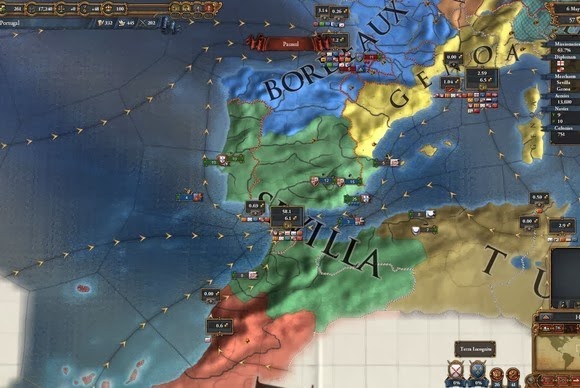
6. Far Cry 3: Blood Dragon
Look at your shelf of films (or your Netflix account or wherever they live). Are a good portion of your favorites neon-soaked, 1980s action films? Ones that feature spandex, an abundance of one-liners, and cheesy synthesizer and saxophone music? Far Cry 3: Blood Dragon takes place in a post-nuclear-war 2007. Your name is Sergeant Rex Power Colt. You have an electronic eye and a cybernetic arm. Your character is voiced by Michael “Kyle Reese” Biehn. It’s basically the same game as Far Cry 3, except way more pink. And way more amazing.
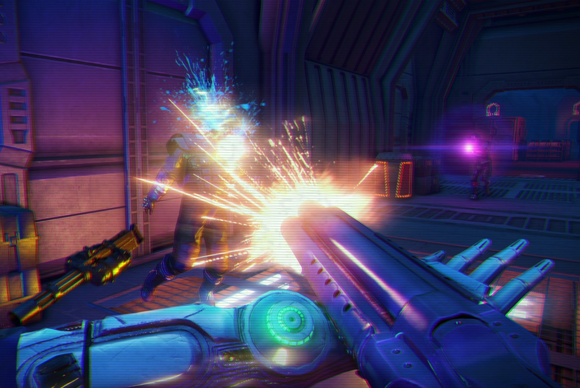
7. Gone Home
It’s been months, and I still don’t quite know how to put my experience with Gone Home into words—or perhaps I don’t want to. The experience is intensely personal, and not everyone is going to get as much out of it as I did. Gone Home is not, despite outward appearances, a horror game. There are no enemies to encounter, no middle act where you blow up the house and save the universe. Gone Home is a story of a family—and the secrets the family members keep even from one another, secrets that are hidden in the backs of old drawers and stashed under beds. What can you learn from the letter your mother uses for a bookmark? How about the box of papers in the basement? Or the details of an old rejection slip addressed to your dad? A lot, it turns out. Gone Home takes people as its premise, and people are fascinating.

8. Call of Juarez: Gunslinger
Call of Juarez: Gunslinger abandons the self-seriousness of the last Call of Juarez game (The Cartel) and returns to the Old West, winning it the title of best arcade-style shooter of the year. You play as Silas Greaves, a grizzled bounty hunter and legend of the Old West. Greaves is actually the narrator of Gunslinger, relating his tales to a crowd of saloon patrons. And, as you can imagine, his tales are a bit…tall. Yes, you play the unreliable narrator of your own stories. The other people in the bar will call Greaves out on his lies, and the game world changes accordingly. “Now hang on, I didn’t say they were Apaches, I said they fought like Apaches!” Greaves says, and suddenly the Apache enemies turn into generic bandits. It’s a refreshing approach—toying with game tropes without taking itself too seriously. And for only $15? It’s a steal.
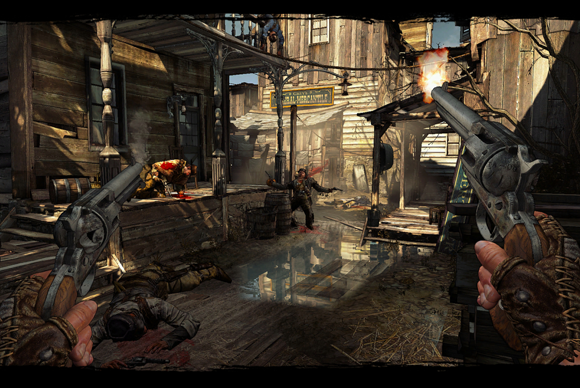
9. Tomb Raider
I never thought that in 2013 I’d be putting a Tomb Raider title on the Game of the Year list, but here we are. Developed by Crystal Dynamics, the new Tomb Raider is (like so many things these days) a dark, gritty reboot of the franchise. In this case, however, it’s a gritty reboot that works. The iconic Lara Croft is younger here, not as sure of herself. She’s shipwrecked on a mysterious island where the locals are less than friendly, and from there the game plays a bit like an open-world Uncharted. And I mean that comparison in the most favorable way. Tomb Raider’s mechanics just feel right: The game has dozens of collectibles scattered around the world, and for the first time in a long, long while, I actually snagged them all, just so I could keep playing.
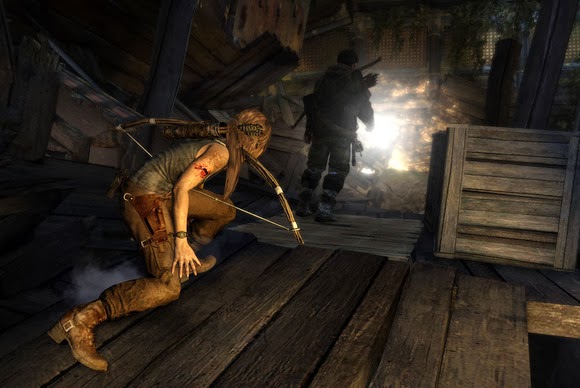
10. Saints Row IV
If Saints Row were a presidential candidate, it would endorse Fun. Capital F. “Restrict guns? No, I want the entire world to have guns,” says President Saints Row IV. “Oh, and here are some superpowers and a kickin’ soundtrack and—you know what, let’s just remake Crackdown, but make it silly.” I love Crackdown. Remake Crackdown but set it in the anything-goes, Saints Row universe, where every moment is a new pop-culture reference, and one of your many superpowers lets you turn yourself into a nuclear explosion? Awesome. Plus, I think there’s an unspoken rule that any game prominently featuring Aerosmith’s perennial classic “I Don’t Want to Miss a Thing” has to make the GOTY list.
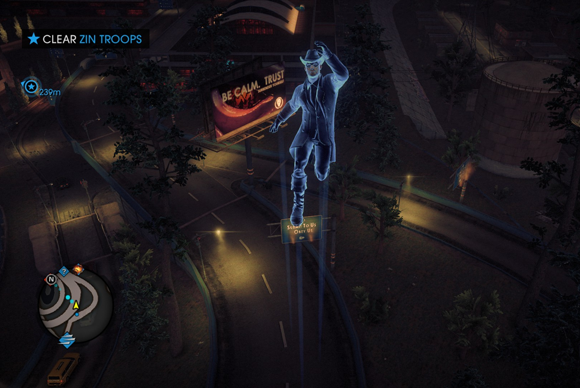
11. BioShock Infinite
BioShock Infinite didn’t match its potential. Set aside the fact that the middle chapter is a drag, and you’re still left with an extremely problematic story that never quite gets a handle on any of its themes. And yet there were moments (particularly this one) that provided brief glimpses of the game it might have been, and even those brief glimpses were better than a lot of games. BioShock Infinite didn’t “save video games,” and it certainly didn’t have the same impact as the original BioShock, but those sky-high expectations were always unrealistic. It’s a shooter with a story that’s marginally better than those of most other shooters, set in a high-concept world that occasionally falters and shows its seams.
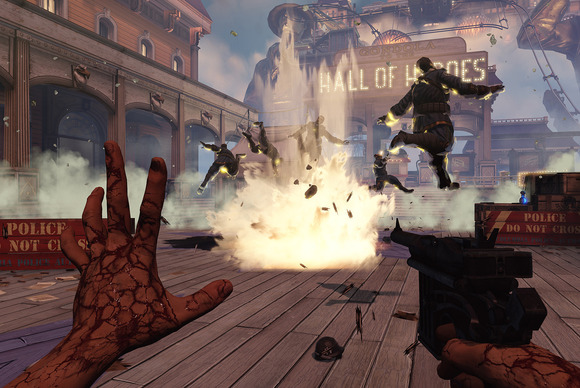
12. Starcraft II: Heart Of The Swarm
Starcraft II: Heart of the Swarm is the first expansion pack to Starcraft II, and the second chapter in a planned trilogy of games. The game’s campaign takes place after the events of the first game and you take on the role of Sarah Kerrigan and the Zerg race in an all new single-player campaign. Like the first game, you’ll decide how to proceed through the campaign by choosing your missions and your army’s upgrades—which now in the form of Zerg evolutionary enhancements. The multiplayer portion of the game, which is arguably what most people are going to get the game for, is also getting some major additions with new buildings, units, and associated strategies.
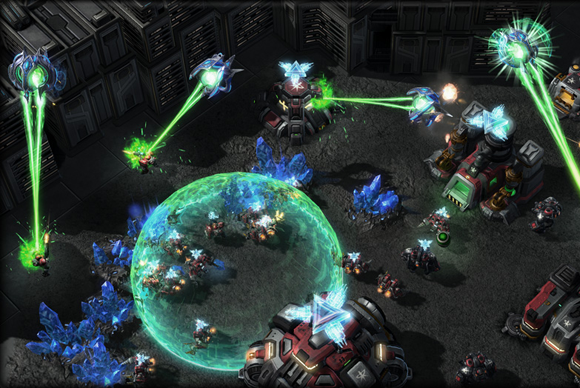
13. Battlefield 4
Battlefield 4 is being developed on a powerful next-gen engine and features Destruction 4.0 — allowing for Battlefield: Bad Company 2 style effects — tessellation and dynamic weather effects. As with Battlefield 3, the next entry in the series’ primary platform will be PC. More than just a yearly upgrade, the game will come with a host of improvements to the way its maps are set. For instance, each map in the game will be subject to various weather conditions including fog, sandstorms, rain and haze with these being completely random according to the leak. This, and a dedicated single-player campaign will be part and parcel of the next-gen Battlefield 4 experience.
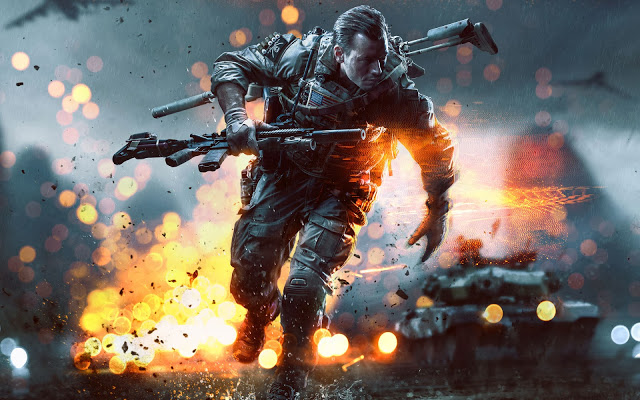
14. SimCity
SimCity is one of our most wanted games of 2013 for the PC. Heck, it’s been one of our most wanted games for a decade now. We’ve wanted a proper, current-generation sequel to SimCity 4, a game which has—thus far—remained uncontested by the likes of too many city simulations that simply fail to compete. The new SimCity offers a city simulation with more detail than ever before thanks to the powerful Glassbox engine it runs on, which simulates everything from underground water tables to the spread of fire, pollution, and crime. Beyond that, it’s got detail that’ll make use of high-end PC hardware to their max, pushing the boundaries of what’s possible in a simulation. It’s got its share of problems, but they’ve been fixed. Aside from the game’s always online requirement, most of its issues that were around during its launch have since been alleviated, making it one of the best city simulation games of all time.
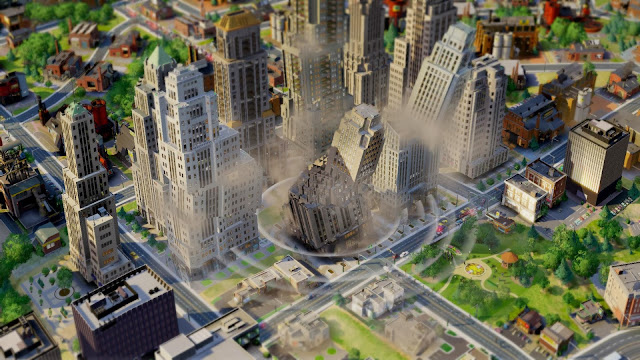
15. Total War: Rome II
Total War: Rome II is set to be the latest and greatest title in Creative Assembly’s Total War series of real-time strategy games. As the eight standalone title in the series, Rome II is set in the classical antiquity with a focus on the Roman Republic. The game is set to offer a much larger campaign than any previous Total War title, encompassing the extent of the Roman Empire and its environs. This time around however, players will be prompted with a variety of decisions to make throughout their campaign. For the first time ever, players will have to make decisions which affect how the campaign plays out by assigning traits to their legions, customizing their loadouts, and more. Additionally, the game’s developers also seek to capture the uniqueness of the different cultures and fighting forces of the time so you won’t simply be commanding cloned armies to fight one another. Each unit in the game will have a unique look and feel associated to its culture, and a technological tree that makes historical sense.
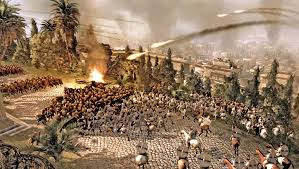
16. Planetary Annihilation
Planetary Annihilation can be best described as the spiritual successor to Total Annihilation and Supreme Commander, offering real-time strategy battles that take place on a planetary scale. Games are expected to vary from half-hour 2-player battles to large scale, and lengthy 40-player matches. The game is set to feature a planet-based map system spanning over multiple star systems, different types of planets, and even asteroids. Players will be able to conquer planets and even entire solar systems in their war for galactic dominance.
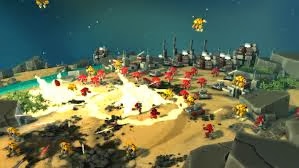
17. Metro: Last Light
Metro: Last Light is the sequel to Metro 2033, taking place a year after the events of the first game. Originally slated for release in 2012, the game has since been delayed to an early 2013 release. The writer of the books, Dmitry Glukovsky has been signed on to work with the developers on the game. Like Metro 2033, the game is expected to make full use of the PC’s capabilities to offer better visuals than its console counterparts.
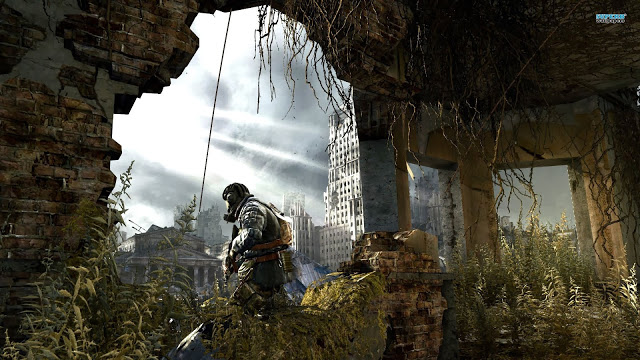
18. Crysis 3
Crysis 3 may be getting released on consoles, but it’s a game that finds its home on the PC as its developers plan to make full use of the PC’s powerful hardware. Veering away from the corridor shooter gameplay of the second Crysis, Crysis 3 is set to offer wide open spaces in a New York City overrun by flora and fauna. Much like the first Crysis and Far Cry before it, players can expect to be able to utilize free-form strategies against AI opponents as they traverse through the wide open areas.
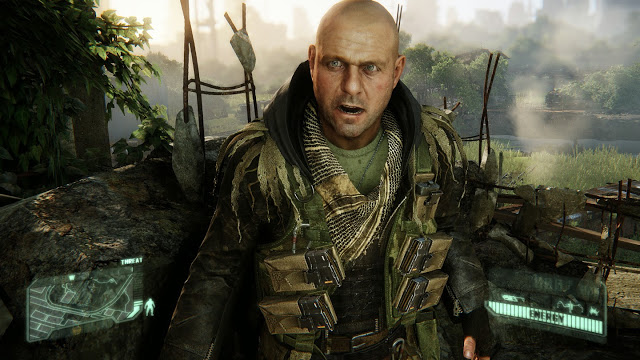
19. Wasteland 2
Wasteland 2 is a tactical turn-based and party-based RPG with an “old school” isometric view in which players take control of a party of up to seven characters (three of which are NPCs), and all of whom are highly customizable. Wasteland 2 comes from the makers of Fallout and the original Wasteland—precursors to just about every other modern RPG. As one of the first major games to be funded by Kickstarter, Wasteland 2’s development is entirely independent from the machinations and meddling of marketing departments and corporate big-wigs.
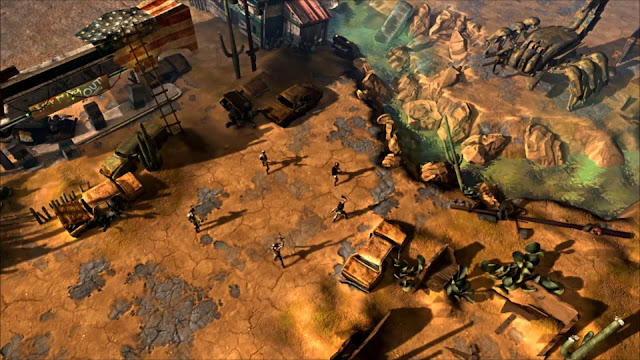
20. Brothers – A tale of two sons
Brothers – A Tale of Two Sons is a videogame developed by Starbreeze Studios in partnership with 505 Games. A lovely game just enough to squeak in at the bottom of the list.
